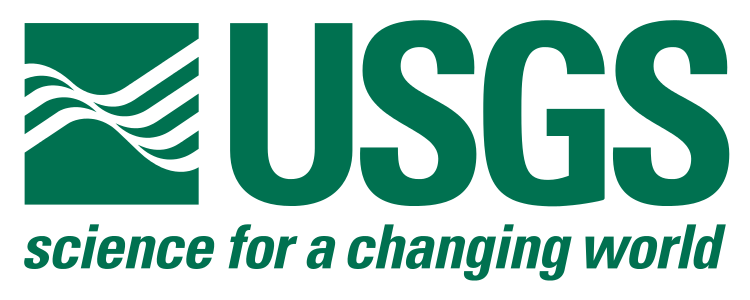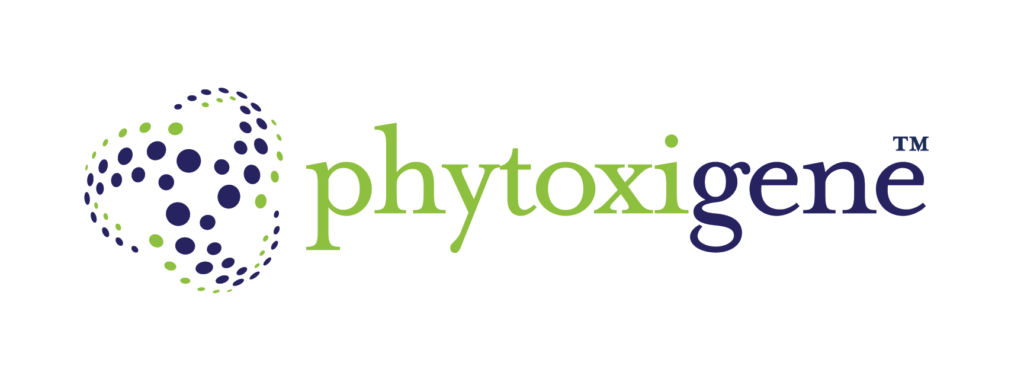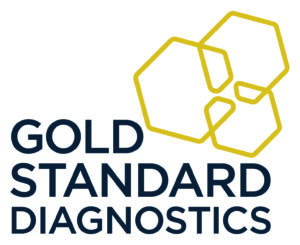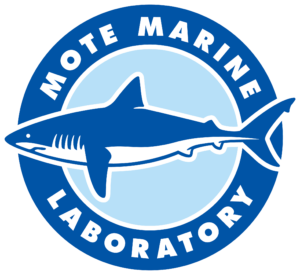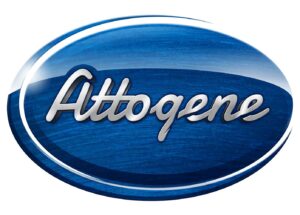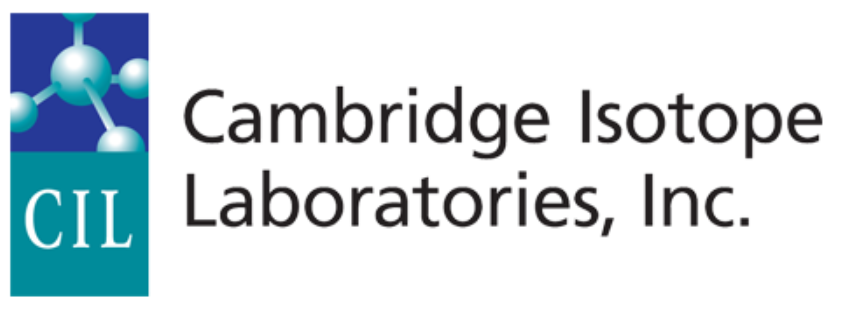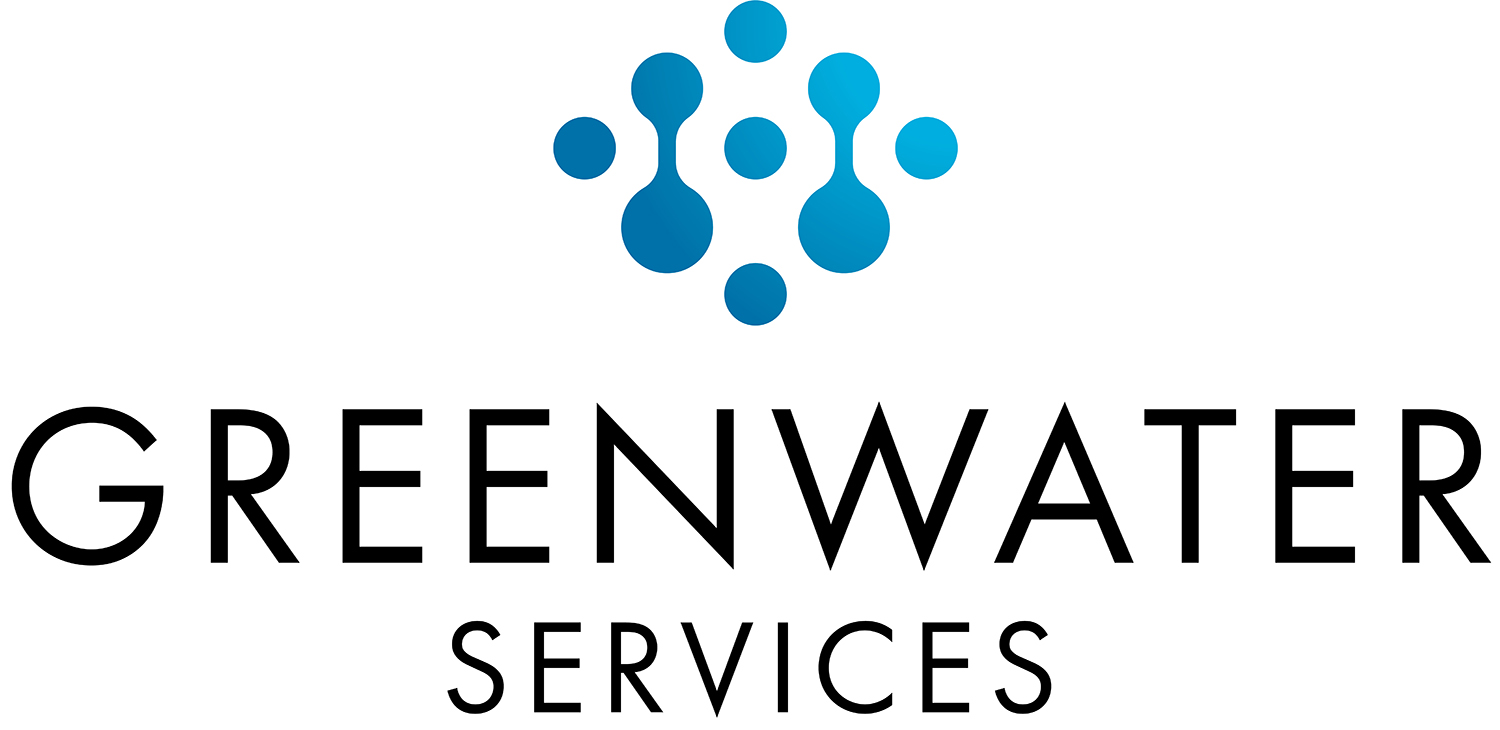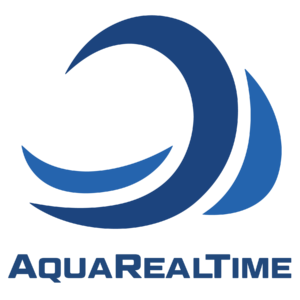The 12th U.S. Symposium on Harmful Algae was held on Oct. 27-Nov. 1, 2024 in Portland, Maine.
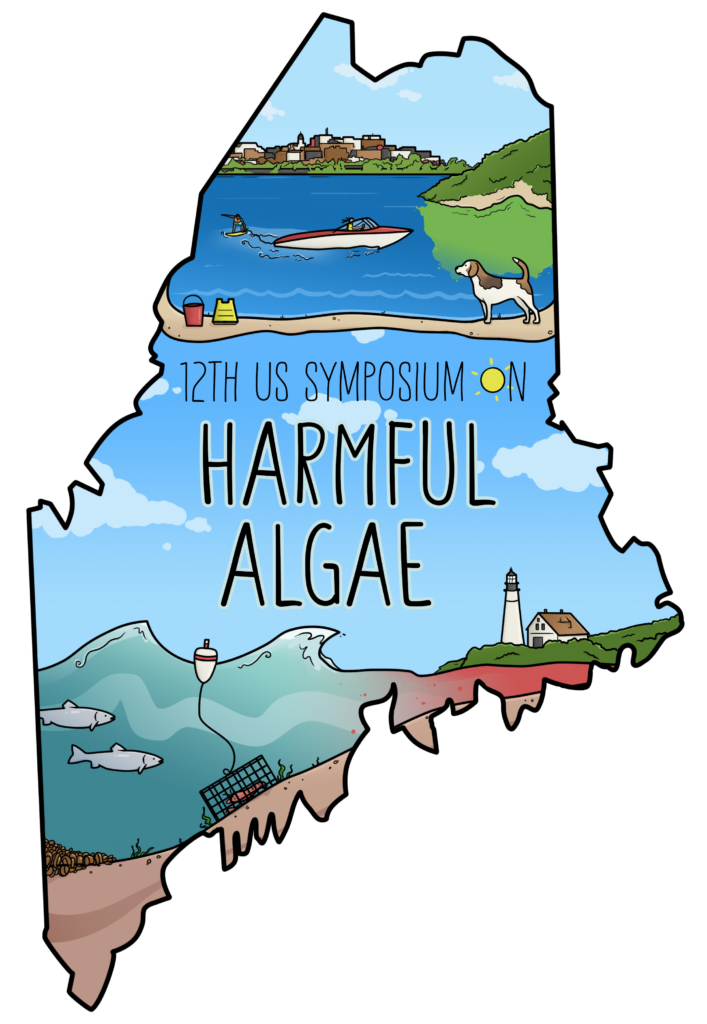
ONE BLOOM: Unifying HAB Science in Aquatic Ecosystems
The theme, ONE BLOOM, sought to identify and highlight commonalities across diverse study systems and disciplines within Harmful Algal Bloom (HAB) research. Sessions and discussions fostered a unified understanding that integrated perspectives and approaches in HAB science and equipped researchers, managers, and policymakers with the knowledge needed to address this pressing environmental challenge.
The symposium was open to all registrants. Attendees included national representatives and researchers from academia; state, federal, tribal, and municipal governments; the private sector; and watershed organizations.
Meet the Scientific Steering Committee
- Maryann Dugan, NEIWPCC
- Devon Case, NEIWPCC
- Holly Bowers, Moss Landing Marine Labs
- Dail Laughinghouse, University of Florida / IFAS
- Don Anderson, Woods Hole Oceanographic Institution
- Keith Bouma-Gregson, U.S. Geological Survey
- Michael Brosnahan, Woods Hole Oceanographic Institution
- Jonathan Deeds, U.S. Food and Drug Administration (FDA)
- Jennifer Graham, U.S. Geological Survey
- Matthew Gribble, Emory University
- Hans Paerl, UNC-CH Institute of Marine Sciences
- Michael Paul, US EPA
- Valerie Paul, Smithsonian Marine Station at Fort Pierce
- Misty Peacock, Salish Sea Research Center
- Sarah Pease, NOAA/NCCOS
- Ellen Preece, Robertson-Bryan, Inc.
- Heather Raymond, Ohio State University
- Mindy Richlen, Woods Hole Oceanographic Institution
- Jayme Smith, Southern California Coastal Water Research Project Biogeochemistry Department
- Morgan Steffen, James Madison University
- Marc Suddleson, NOAA/NCCOS
Travel Supplements Sponsored By
Poster Sessions Sponsored By
Thank You to Our Exhibitors!
Contact
For general questions or information about the 12th U.S. Symposium on Harmful Algae, please contact Maryann Dugan and Devon Case at HABS@neiwpcc.org.
Conference Archives
To view select information from the 11th U.S. Symposium on Harmful Algae agenda, visit the Conference Proceedings page.




